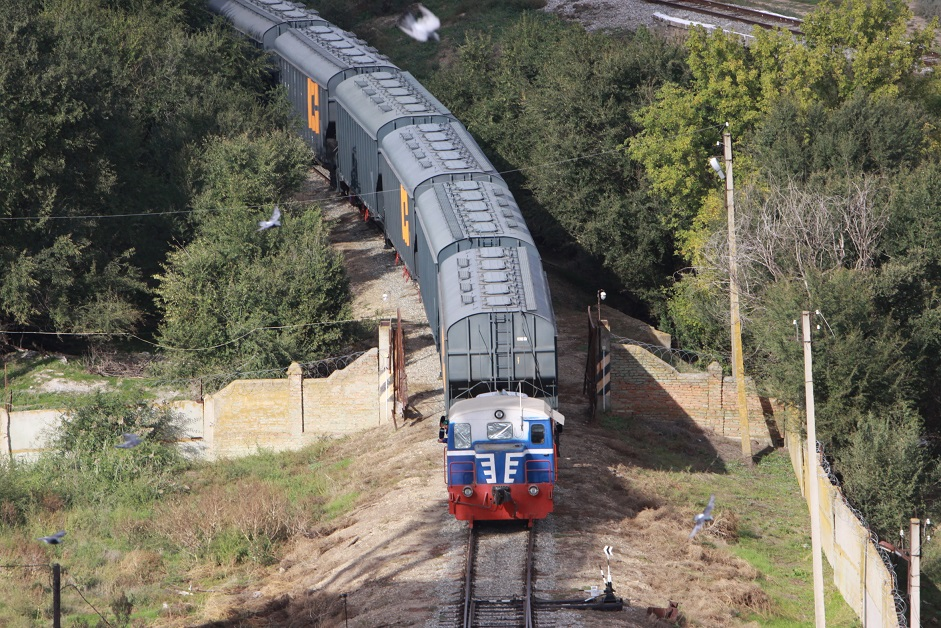
According to the results of the first half of 2023, Rusagrotrans (part of Demetra-Holding) transported a record volume of grain by rail for export – more than 5 million tons. The volume of agricultural cargo transported by the company's rail cars became the highest in the last 11 years – 7.9 million tons.
The record for export shipments was set due to shipments to the terminals of Novorossiysk – 3.8 million tons, to the port of Taman – 0.27 million tons, as well as to Kazakhstan and Kyrgyzstan – 0.36 million tons. One of the growing directions is the port of Vysotsk (Leningrad region), where 138,000 tons of wheat have been delivered from Russia and Kazakhstan since April of this year.
In the first half of the year, 1,230 shipments by block trains were made, including shipments to the ports of the Black Sea and the Baltic Sea, as well as to land border crossings with China. The total volume of transported grain cargo exceeded 2.8 million tons. For comparison, 910 shipments by block trains with a total volume of 2 million tons were organized in 2022. Block-train service makes it possible to increase the efficiency of all participants in the transportation process, eliminate the negative effect of insufficient rail network capacity under the conditions of high grain yields and worsening of the turnaround time of freight cars, and ensure the predictability of the delivery time.
Domestic transportation of grain and other agricultural cargoes amounted to 1.3 million tons from January to June, which is lower than in previous years. Against the backdrop of a record harvest, the regions are largely self-sufficient, and long-distance rail shipments are less in demand. Rusagrotrans carried out more than 64% of domestic grain shipments to grain processing and grain consuming enterprises in the Central and Northwestern Federal Districts. Up to 17% of shipments were made to the Volga Federal District, and 9% – to the Ural Federal District.
Alexey Barbariush, CEO of Rusagrotrans:
'Over the past five years, the gross grain harvest in Russia has grown significantly – almost every season becomes a record or close to it in terms of yield, and production is growing in all regions of the country without exception. High export potential and increased global demand for Russian grain stimulates the growth of its export by all means of transportation, including rail transport. At the same time, the result of Rusagrotrans in terms of export shipments could have been much higher, but it has been affected by the current difficulties with the turnover of grain hoppers on the network. Plans for the second half of the year include further development of block-train service as an effective tool for exporting large volumes of agricultural cargo and reducing transit time.'